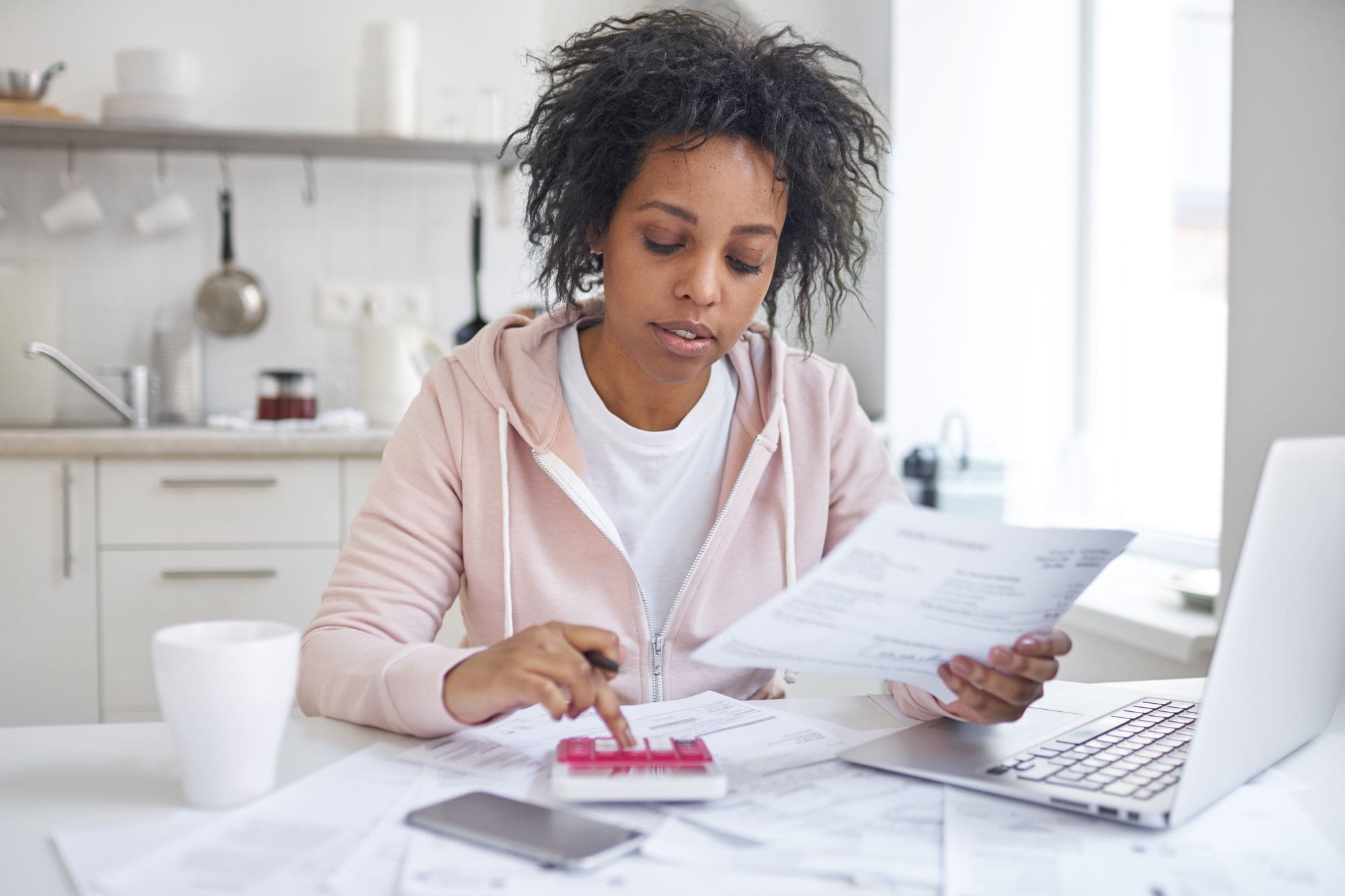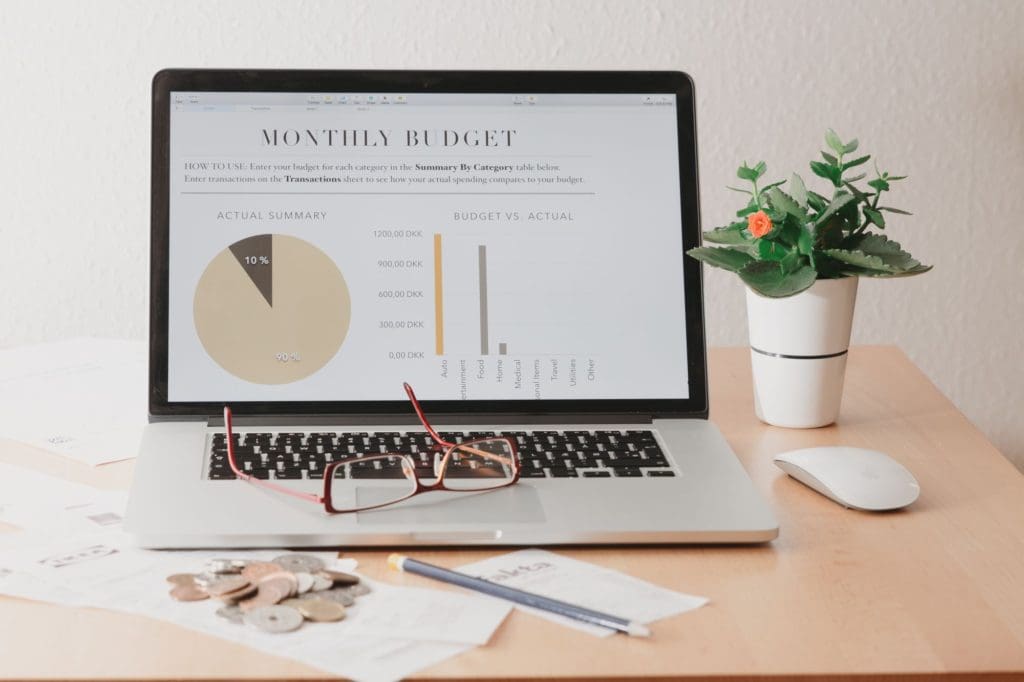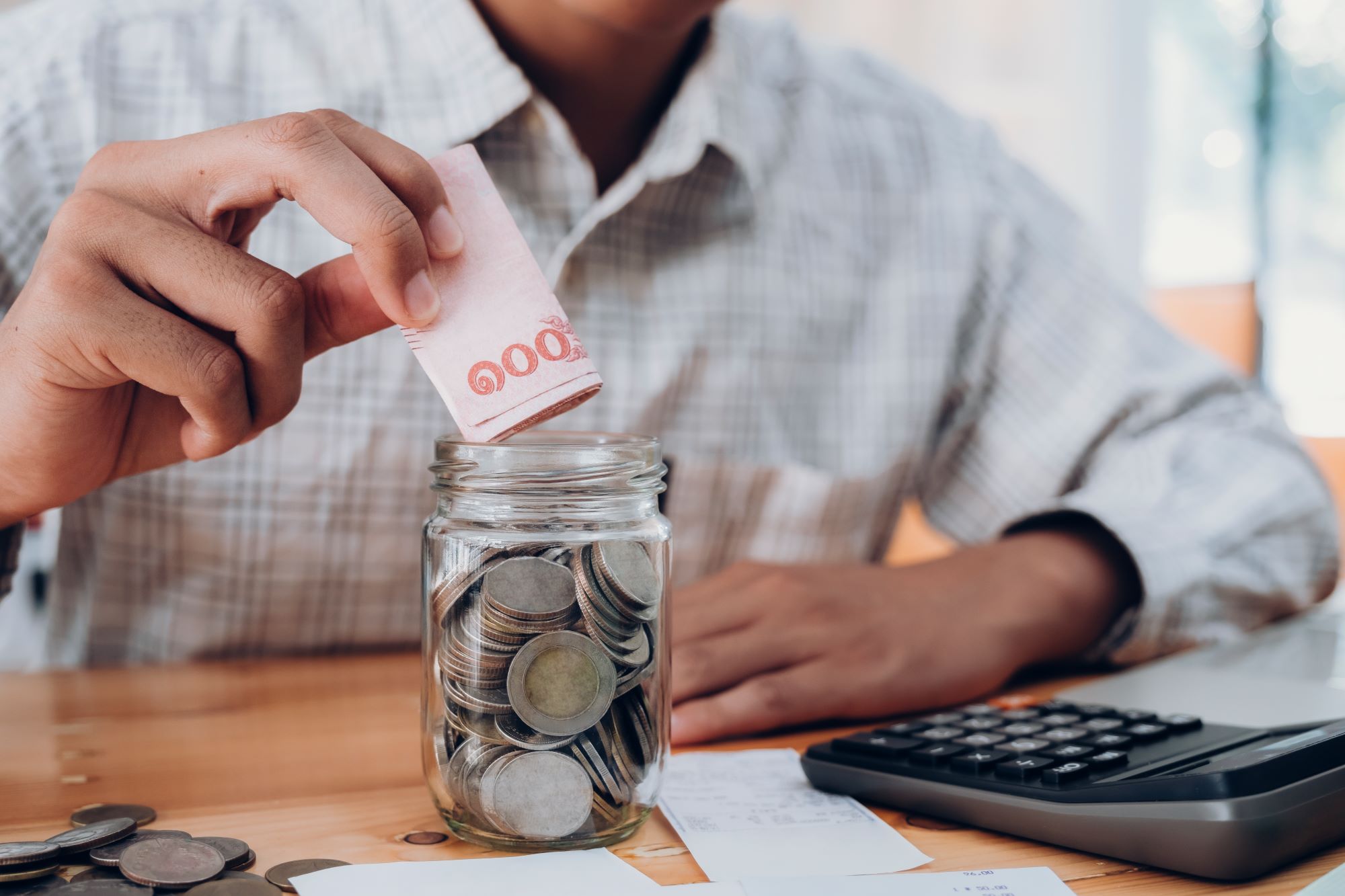
Types of Personal Finance Budgets: Which Is Best For You?
There are different types of personal finance budgets you can incorporate into your financial planning.
One thing I have come to appreciate in my personal finance journey and curating content around it is how the need for personalised take in financial planning is important. I have tried following a detailed budget, the one where you have to account for just about every expense in an excel sheet. It is the most propagated budgeting technique, but it doesn’t have to be your only option.
Having a variety of techniques to choose from makes it much easier for you to choose a budgeting technique that suits your personality.
That said, below are the top personal finance budgets to consider:
Related read: Are You Living Beyond Your Means? 4 Signs To Watch
1. Zero-Based Budgeting
A zero-based budget can be engaging and time-consuming because it involves tracking every penny. But when done consistently and correctly, it can be an efficient way to track your money and know where it all goes.
In its entirety, this technique is all about balancing the amounts on your income and expense side. So, if your income is $1000, your expenses should also total up to $1000. The balance between your income and expenses should be zero.
You can put the extra money in a savings or investments account if you have some money left after adding up all house bills and expenses to balance it all out. In case of a deficit, you can deduct funds from some of your expenses.
The bottom line is that both sides of the equation must balance.
Related post: What To Do If a Budget Is Not Working For You
2. The 50/30/20 Budget
The 50/30/20 budgeting technique is simpler than the zero-sum budget. If you still want to create a budget but don’t have the energy, time or patience to work with a detailed version, this is an excellent option for you.
Now, here’s you go about it:
- 50% of your net income – necessities, like rent, transport, groceries, etc
- 30% of your net income – for catering to your wants, like entertainment expenses
- 20% of your net income – goes toward your savings and debts
The good thing about this type of budgeting is that it allows you to save while still spending money on needs and wants without feeling guilty. As long as you are saving your 20% and the 50% on your needs, you can spend 30% as you wish.

3. The Envelope Budgeting System
Are you okay with handling cash? If you prefer paying for stuff in cash and probably receive your wages in cash, the envelope budgeting system might work for you.
It entails dividing your money according to expenses, putting it in specific envelopes, and using it when it is time to pay for that particular expense. If the money from an envelope runs out, you’re not allowed to take cash from another envelope. For instance, if you have an envelope for groceries, savings, rent, and transport, you can not take some money from other envelopes if the cash in your groceries runs out.
Because the envelope technique promotes using cash and ditching cards and online transfers, it can also help you avoid getting into debt. For example, if you were out shopping and ran out of money from a particular envelope and didn’t have a credit card or access to digital loans, there is less chance of borrowing to meet these expenses.
However, if you are not a great fan of handling physical cash, this system will not work for you.
Want to learn about how to job in case of job loss? Click here to learn more
4. Paying Yourself First
As mentioned in a previous post, paying yourself first involves saving, investing and paying bills and debts before using the rest of your money to meet your expenses, including wants.
You can make a list of expenses to prioritise when your money comes in before you start spending. You can even automate money deduction to your savings and investment accounts. And, if your employer has a pension scheme, you can add an extra voluntary amount to save more for your retirement. This way, whatever balance is in your account, you can spend it on your wants guilt-free.
This method is ideal if you struggle with detailed budgets, saving and investing. It ensures that you set something aside first before blowing your money away.
Why A Good Budget Is Important For Your Financial Success
Buy your Budgeting Planner here and make budgeting easier and fun!
It sounds great not to follow a strict budget or even think about where your money goes. But, if you are working on achieving financial freedom, a good budget will come in handy in various ways, including:
-
- For aligning your financial goals with your income and spending
- Ensuring you always save money for a rainy day and significant expenses
- It ensures you invest because investing is the only way to build wealth
- Managing your debts
If you have not started budgeting, now is the right time to start. Luckily, you do not have to get stuck with the traditional and detailed budgeting technique. Just pick a method that aligns with your personality and work with it. Also, keep in mind that it will take time before budgeting seems seamless, especially if you are just getting started. Alternatively, you can use a budgeting app.






